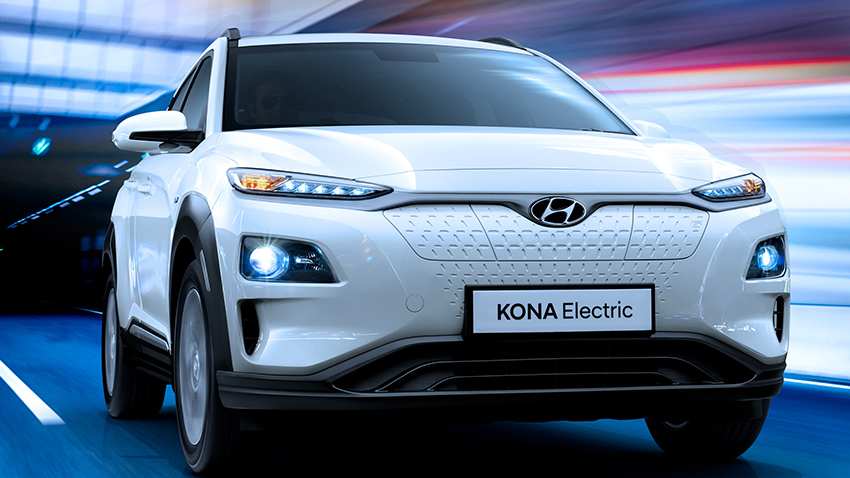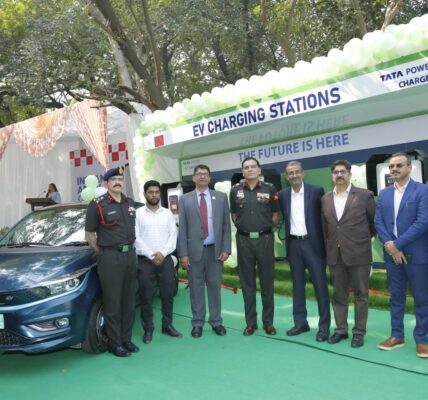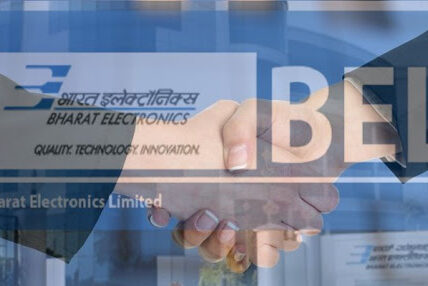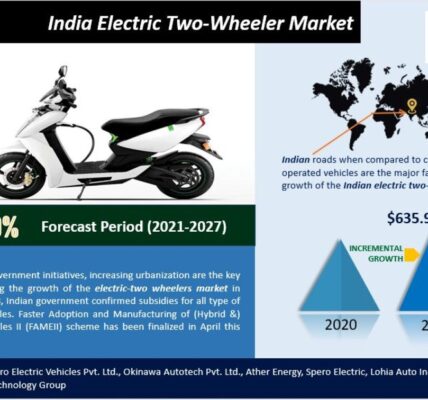Hyundai Motor India Ltd, the country’s second largest vehicle manufacturer, received 120 confirmed bookings for its electric sports utility vehicle Kona, launched earlier this month.
The company also received 10,000 requests for test drive from potential customers in an indication of how customers in the premium segment look at the viability of owning electric vehicles in India.
Hyundai’s Kona is the first long range electric vehicle launched by any manufacturer in India and the company sells the vehicle in developed markets like Canada, the US, Europe, Russia, South Korea and Australia.
According to Vikas Jain, national sales head, Hyundai Motor India, the digital enquires and footfall at dealerships has increased as customers are excited to experience electric cars. The change of perception and adaptability is clearly visible as there is huge interest and request for test drives.
“Kona Electric is a proven and award winning global electric SUV creating new benchmarks in clean mobility since its global launch in April 2018. Our overall goal is to offer an SUV with long range and high performance with a fun-to-drive quotient to our Indian customers,” added Jain.
Hyundai launched the Kona at a price of ₹25 lakh and the vehicle boasts of a range of 452 kilometres on a single charge. The company, though, may be overwhelmed by the initial demand as it was expecting modest volumes initially.
To beat the range anxiety and lack of charging infrastructure in India, Hyundai will provide two chargers, a portable one and an AC wall box charger, to its customers along with the vehicle.
The Kona will be sold by 14 Hyundai dealers in 11 cities and the company is collaborating with Indian Oil Corporation Ltd (IOCL) in Mumbai, Delhi, Chennai and Bengaluru to set up charging stations in select fuel pumps.
The company is also offering a warranty of three years with unlimited kilometers on the Kona. On the lithium-ion battery, Hyundai will offer a warranty of eight years up to 1,60,000 km. The Kona SUV comes with a 39.2 KWh advanced lithium polymer battery. Most of the existing electric vehicles in India come with batteries less than 20KWh.







